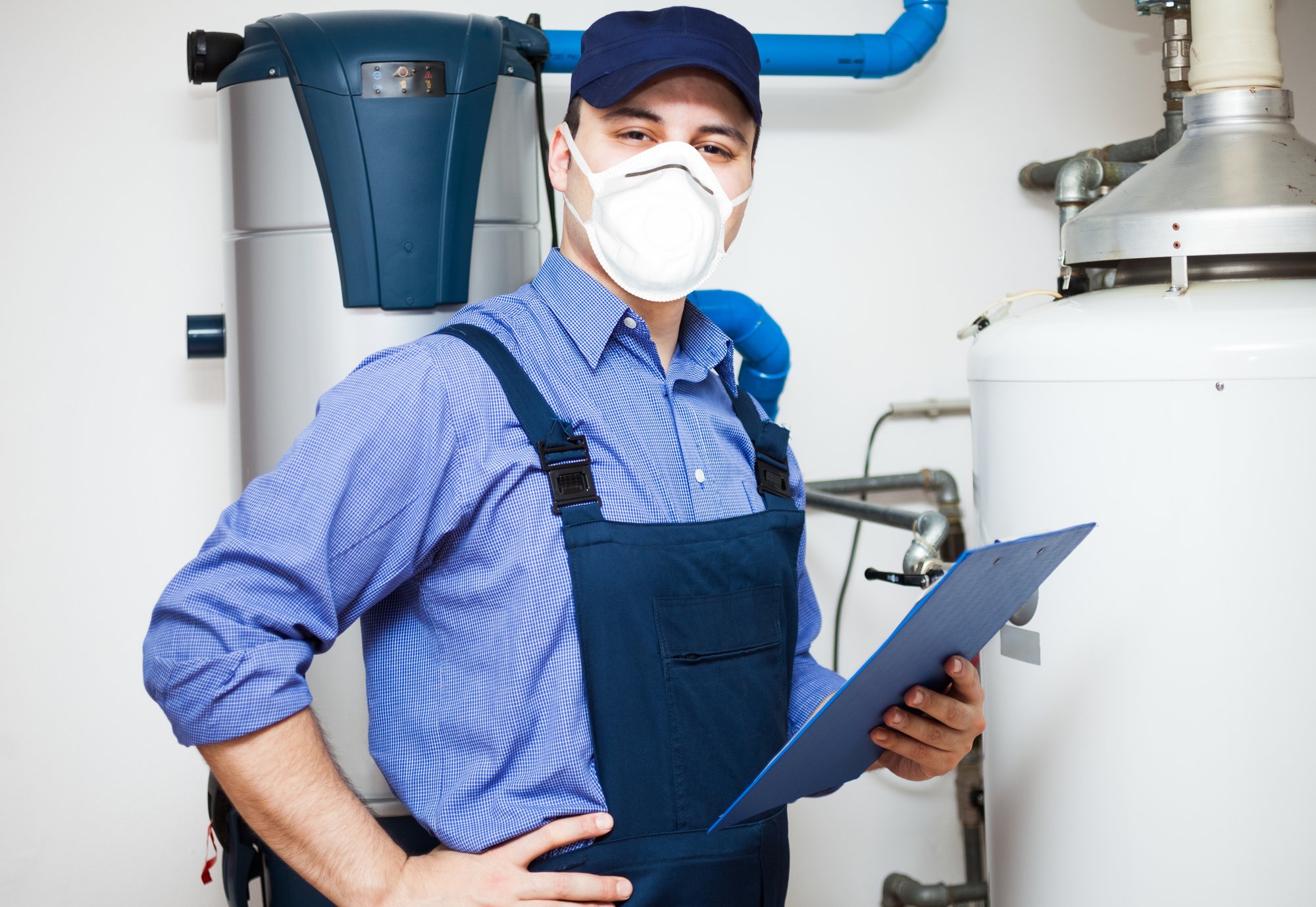Being a landlord has never been easy—but in the age of social distancing, it has certainly become more complicated. Even something as simple as routine maintenance can be challenging. Maintenance suddenly requires a lot more planning than it used to—and raises a lot of different questions. Thankfully, you have access to our expert Norfolk property management team when it comes to developing solutions.
Please note: This blog post does not act as a substitute for medical advice or legal counsel. When in doubt, consult with your trusted attorney, Norfolk property management partner, and medical care provider for real-time assistance.
Stay Informed
Being able to continue functioning as a landlord starts with staying informed and up-to-date on all the latest pandemic developments. This applies to maintenance as well as other routine tasks like rent collection and handling disputes between your renters.
The Centers for Disease Control and Prevention (CDC) continues to be an excellent resource for current information on the pandemic. They also offer a lot of helpful documents concerning guidelines on cleaning, social distancing, and other concerns.
 Create a Maintenance Policy
Create a Maintenance Policy
Establish a maintenance policy to cover when and how maintenance will be carried out during any disaster—not just a pandemic. The approach can be brief but should cover all the significant concerns that you and your tenants may have. Your social maintenance policy should include:
- A reliable method for tenants to submit maintenance requests.
- An outline of which maintenance tasks are considered essential.
- An established policy for entering a tenant's living space.
- Defined cleaning policies and PPE expectations.
Depending on your specific property and your tenants' needs, your maintenance policy may also need to cover additional points. It's also important to remain flexible and adjust your policy as needed while the situation changes.
Communicate With Your Tenants
Define Emergency Maintenance
Certain maintenance tasks are urgent and essential. Others can wait, and it's a good idea to let tenants know that non-essential maintenance will need to be deferred for a while.
Depending on the type of property you own and the nature of your lease agreement, your tenants may already be responsible for many of these non-essential maintenance tasks. These include many seasonal maintenance tasks, mowing the lawn care and other landscaping chores, changing light bulbs, and replacing smoke detector batteries. Property inspections may have to wait too.
Other maintenance and repairs are essential, and cannot be put off. Let your tenants know that you will be handling essential maintenance, albeit with increased safety measures in place. Examples of maintenance requests that may be considered necessary include:
- Repairs to an essential appliance (like a refrigerator, oven, or stove)
- Electrical or gas failures
- Hot water or cold water unavailable
- A water leak or sewage backup
- No heat or air conditioning
- Unsecured entry points such as windows or doors that won't lock
- Any situation that may threaten injury, loss of life, or property.
 Avoid Contact
Avoid Contact
When you do need to take on an emergency maintenance task or repair, it's important to put safety first—especially if you must enter your tenants' living space. That means your safety, as well as that of your tenants and your staff.
When you respond to a tenant's request for essential maintenance, be sure to communicate all safety measures you and your team will be taking, as well as steps you expect your tenants to take. These include:
- Arranging the time: If you have to enter a renter's living space, it's best to do so when they are not home. If that isn't possible, work with your tenant to arrange a time that works for all parties, and lay out all required health and safety measures.
- Social distancing: Maintain a distance of at least six feet between yourself, your tenants, and your staff. If you are entering a tenant's living space, you should wear a face mask and gloves. Instruct tenants and maintenance staff that they must do the same if at all possible.
If you source outside vendors to handle your maintenance work instead of relying on your Norfolk property management partner, survey whether or not they have implemented the right PPE as a necessary precaution.
Work With a Property Manager
To alleviate the stress of handling maintenance during social distancing, you can always rely on a profession Norfolk property management company! Property managers create a buffer between tenants and landlords, making it easier to maintain social distancing protocols and ensure that essential maintenance is being done.
A property management company will also have a vast network of professional, licensed, and insured vendors to complete all repairs. You get the peace of mind that comes with knowing your tenants—and your property—are safe.
Contact us today to learn more about how the experts at Renters Warehouse Hampton Roads can help your property thrive during challenging times! A great place to start is using our landlord resources, including our Collecting Rent in a Crisis Handbook!
{{cta('f2ecfc96-92f6-44cd-9baf-dcb7f41ce322','justifycenter')}}


.png)